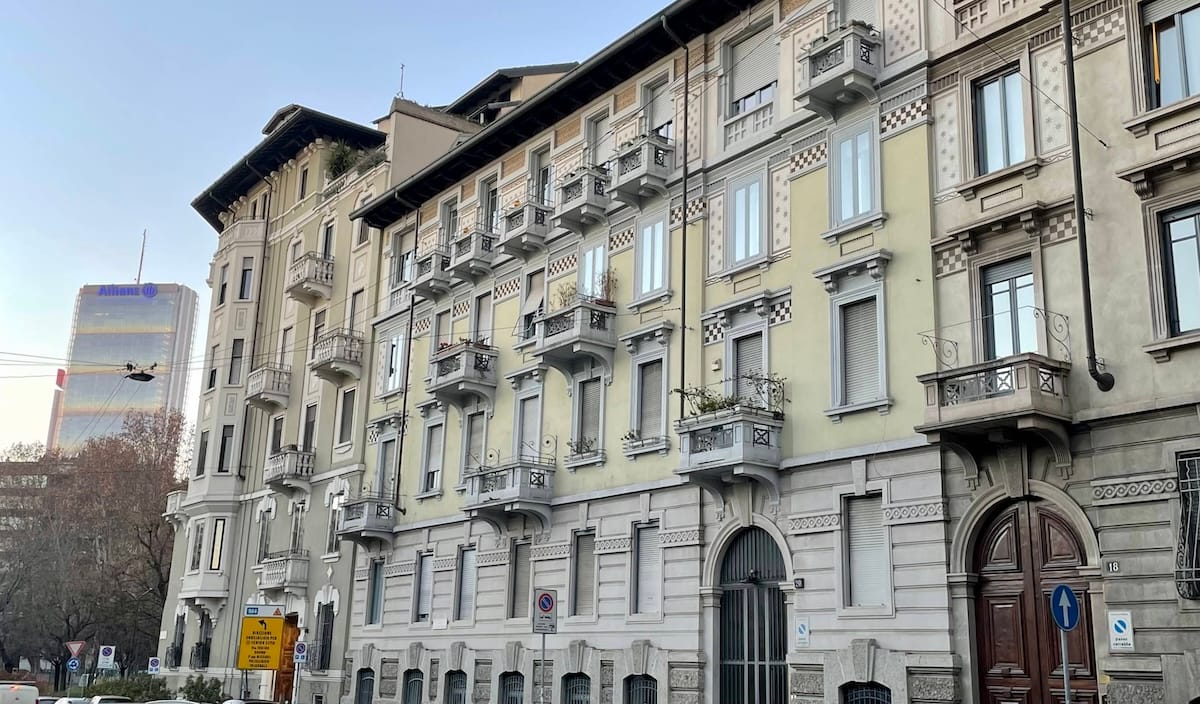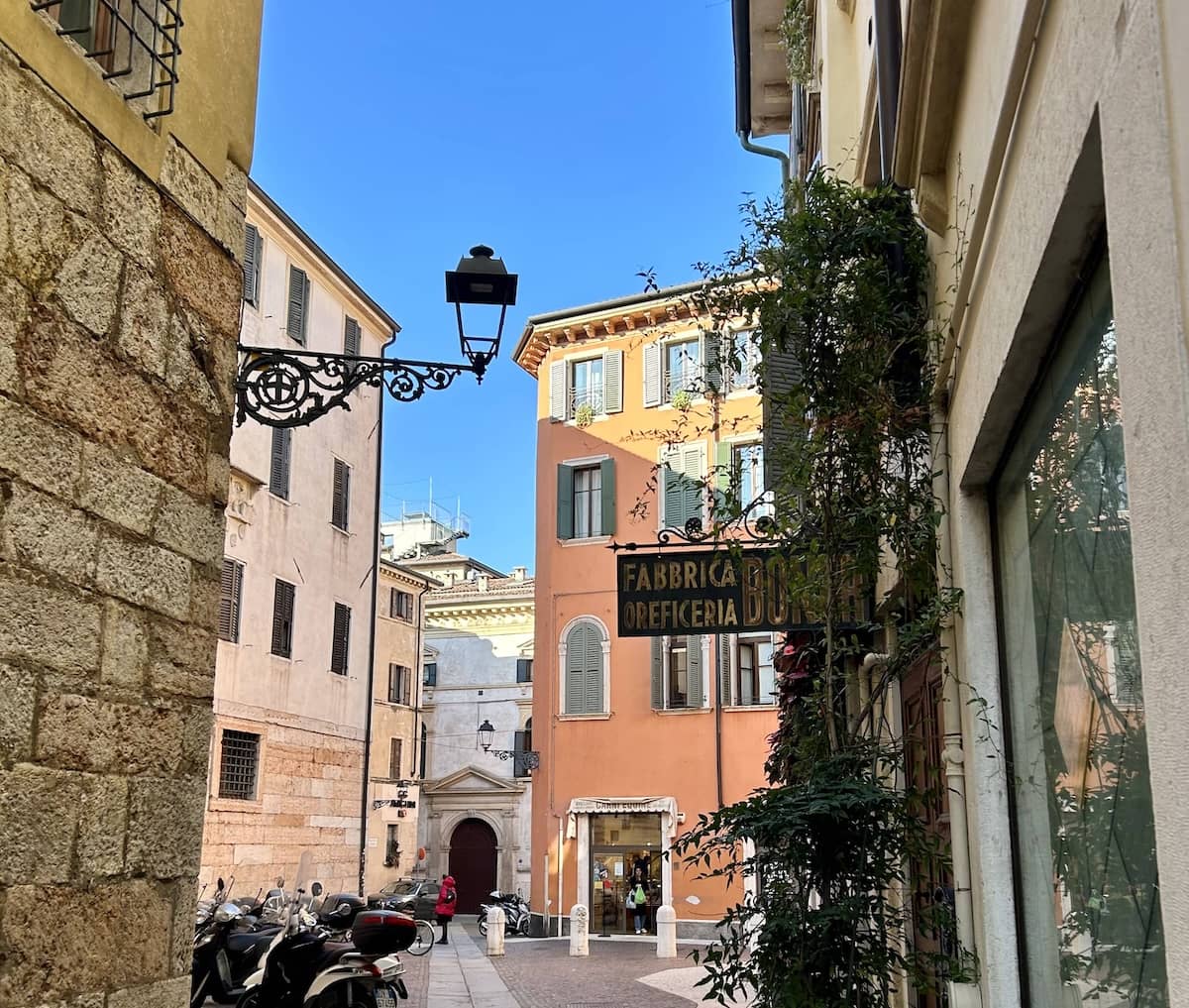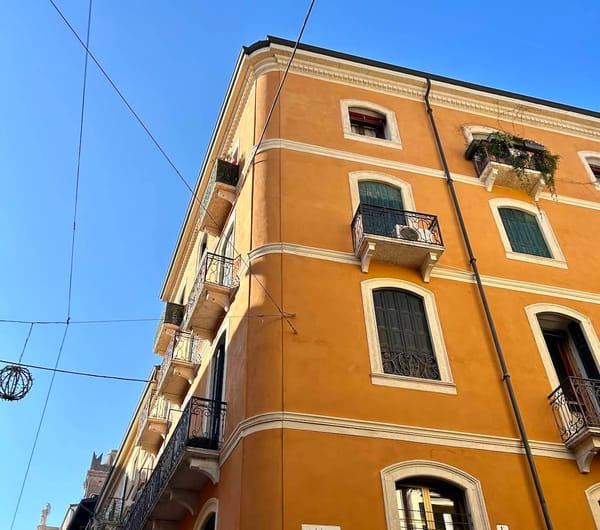A Comprehensive Guide To Renting An Apartment In Italy
Explore Italy's hidden rental fees, 4-year contracts, and more!

- Understanding the Italian Rental Market
- Preparing Your Documentation
- Types of Leases in Italy
- Finding the Right Apartment
- What to Know Before Renting in Italy
Some of the links in this post are affiliate links. If you make a booking through these links, I may earn a small commission at no extra cost to you.
If you're moving to Italy for the first time, renting a home or apartment is going to be an adventure. Like many elements of Italy, the rental market can be confusing and difficult to crack for foreigners. Here are my tips for how to find a rental in Italy and what you can expect as a tenant.
Understanding the Italian Rental Market
The Italian rental market varies significantly from region to region. In major cities like Milan and Rome, the market moves quickly, with a wide range of options from modern apartments to historical residences. However, in smaller cities or rural areas, you'll find far fewer options, but at more affordable prices.
Key Rental Terms in Italy:
- affitto means rent
- appartamento is an apartment
- stanza means room
- contratto di locazione refers to a rental contract
- spese condominiali are monthly condominium fees the tenant pays in addition to rent.
- arredato means furnished
- non arredato means unfurnished
Use this terminology to help you filter your rental options on Idealista and Immobiliare—Italy's most popular websites for renting and buying property.
Preparing Your Documentation
To rent an apartment in Italy, you'll need to gather these essential documents:
- Codice Fiscale: This is an Italian tax code that you'll need for almost everything, including renting an apartment. It's similar to the American Social Security number or the Nordic personnummer. You can apply for a codice fiscale at the Agenzia delle Entrate (Italian Revenue Agency) or at an Italian consulate before your move.
- Identification: You'll need a valid passport, and if you're a non-EU citizen, you may also need to bring your visa or residency permit to prove your legal status in Italy.
- Proof of Income: Since Italy's rental laws side with the tenant, landlords want proof that you can pay the rent. This proof might include recent pay stubs, a contract of employment, or bank statements. If you're moving to Italy without a job, you might need to show savings or have a guarantor (often a parent) co-sign the lease.
Note: If you're a freelancer who works under a partita iva (self-employment contract), it can be more difficult to find a rental. Self-employment income is unfortunately seen as risky by many Italian landlords. - Guarantor Information: A guarantor acts as a security for the landlord, promising to cover the rent if you can't. This person should have a stable income and be willing to provide their financial details for your lease.
Note: If you're renting in your early 20s, an Italian landlord will likely require a guarantor, especially in expensive cities like Milan. Being financially independent in your early 20s is not common in Italy; most Italians are in uni at this age, so landlords will be highly skeptical.
Gathering these documents early will ensure that when you find the perfect apartment, you're able to snag it before the next person does!
In Milan, waiting even two hours after a viewing to confirm your interest is too late—rentals fill up fast.
Types of Leases in Italy
To become an official resident in Italy, you'll need to sign a long-term rental contract. Due to Italy being a tourist destination, many landlords offer temporary contracts (contratto transitorio).
If you need to establish residency in Italy, do not sign a temporary contract. This will not be accepted.
The rental contract you need to sign in Italy to establish residency is called a 4+4 contract, or any of its variations (3+2 is also common).
A 4+4 contract means that you can live in the home for four years, with the potential to extend for another four years if you and the landlord agree. Other contracts, like the 3+2 contract, work the same way.
If you don't know how long you'll be in Italy, it's still smart to sign a 4+4 or 3+2 rental contract. You can move out early without penalty as long as you send a written letter to your landlord announcing your notice (lettera raccomandata).
The longer the contract, the better the rental price.
Upon signing, the landlord will also ask for a security deposit, which is usually equivalent to one, two, or three months' worth of rent. In expensive cities like Milan, three months' rent is more common.

Finding the Right Apartment
The two main websites for finding rentals in Italy are Idealista and Immobiliare.
I prefer Immobiliare because it allows you to filter rentals by "good" and "excellent", where "excellent" refers to places that have been recently renovated and have modern bathrooms and appliances. You'll likely notice that many apartments deemed "good" are...nothing of the sort.
In larger cities, rentals get snatched up quickly, so you should schedule a viewing immediately when you find a place you like.
Speaking Italian will be important during the housing search. If you don't speak fluent Italian, I recommend reaching out to any Italian people you know, including coworkers and acquaintances, and asking if they can make phone calls on your behalf. You can return the favor by taking them out to lunch or buying them a coffee.
Most landlords and rental agencies use WhatsApp to communicate with potential tenants. When you register interest in an apartment, you'll usually receive a phone call from the landlord or agency that same day. This is why having an Italian-speaking friend is so important!
If the landlord or rental agency can't understand your spoken Italian, they have little incentive to try. They will simply hang up and call the next person on their list.
Most rental agents and landlords strongly prefer Italian speakers, so do yourself a favor and spam your social networks until you find an Italian speaker who can help you.
Tip: Italians love it when foreigners take an interest in their language and culture. If you explain that you're struggling to land an apartment due to the language barrier, you will find an Italian willing to help!
Be open and receptive to their help, and you might just make your first friend. This is how it happened to me. I made a random TikTok video about how hard it was to find housing in Milan, and when I woke up, two Italian women had commented and offered to tour apartments with me!
What to Know Before Renting in Italy
- Landlords don't pay for all repairs. In Italy, tenants are required to pay for most maintenance, like replacing A/C filters, changing light bulbs, and fixing or replacing broken appliances. Read your lease very carefully; if an appliance is not listed in the contract, it's up to you to replace it if it breaks.
- You'll have to pay a trash tax (TARI). At some point during the year, you will receive a letter in the mail from your local comune asking you to pay "TARI", which is the waste collection tax. The exact amount depends on your comune, the size of your rental, and how many people live with you. For my studio apartment in Milan, I pay around €100/year for TARI.
- Watch out for the building fees (spese condominiali). Apartment tenants are required to pay monthly condominium fees (spese condominiali) in addition to their rent. These fees range from €50 to €200 per month! Double check the spese condominiali before signing a lease.
- Try to avoid renting through an agency. Rental agencies are common in larger cities like Milan and Rome, but the cost of the rental agent is passed onto the tenant, not the landlord. You end up paying higher rent to offset the costs that the landlord incurred by using a rental agency. Try to rent directly from the landlord when possible.
I've rented rooms and apartments in four different countries, and it's always difficult to navigate the local rules and customs. Italy's rental market isn't tougher than the market in the U.S., Ireland, or Norway—the main difference is the language barrier.
With a bit of patience and luck, you will eventually find the perfect home!





